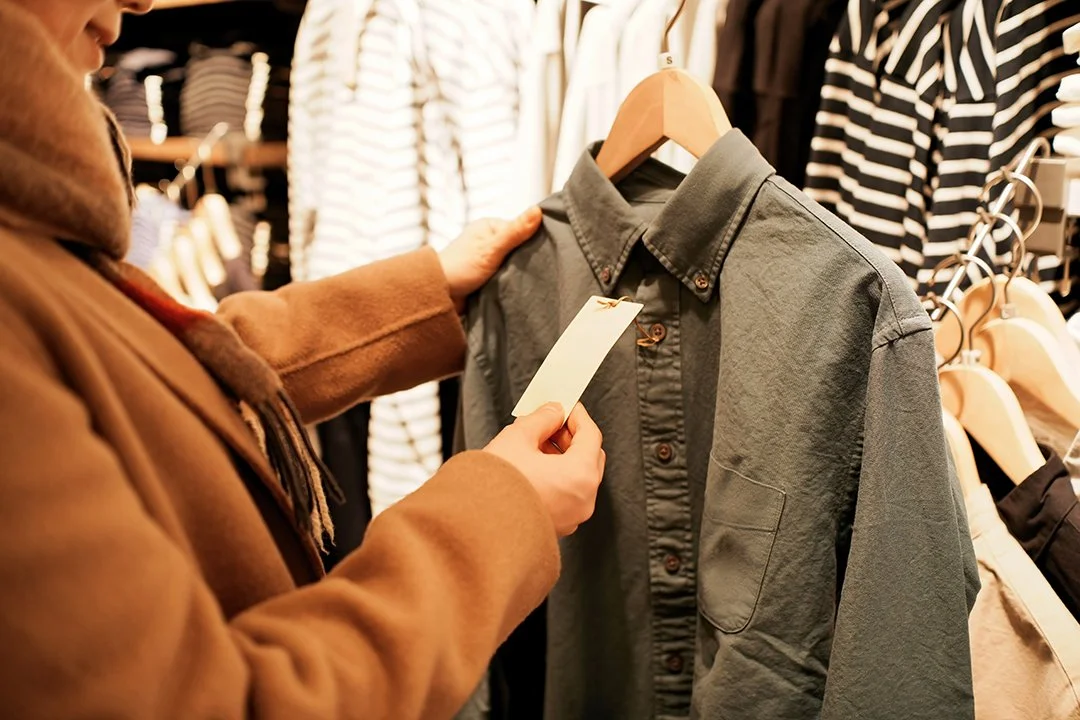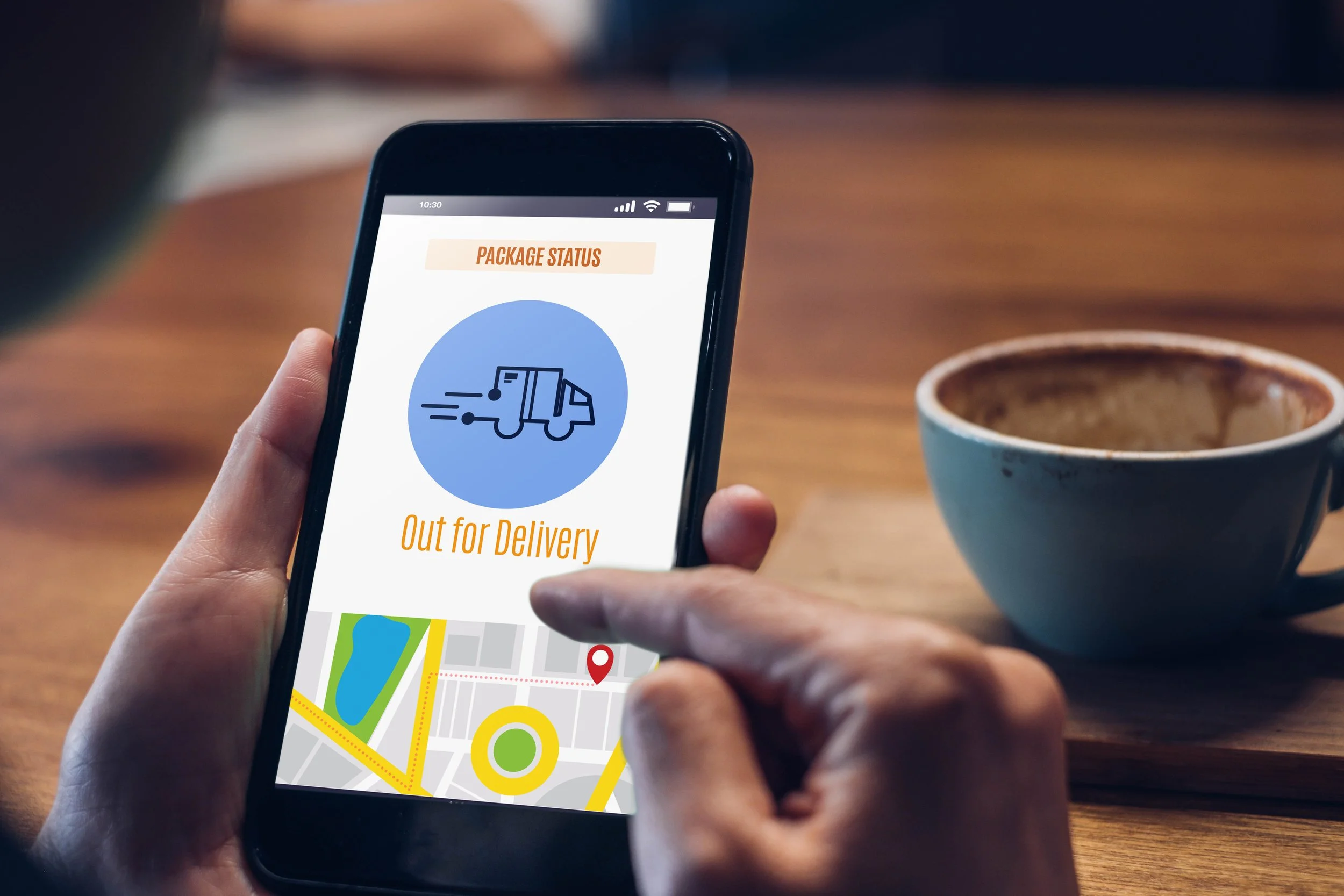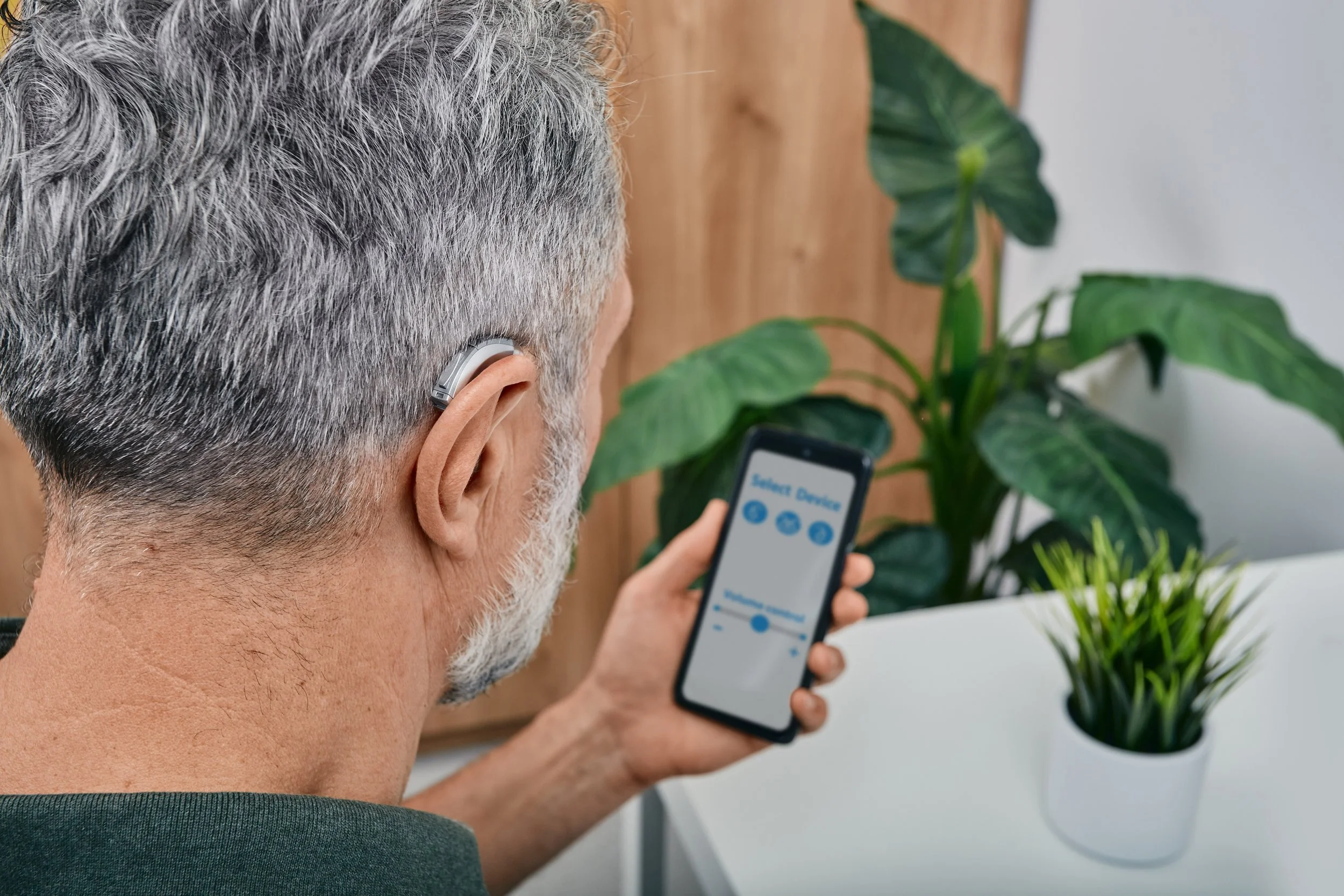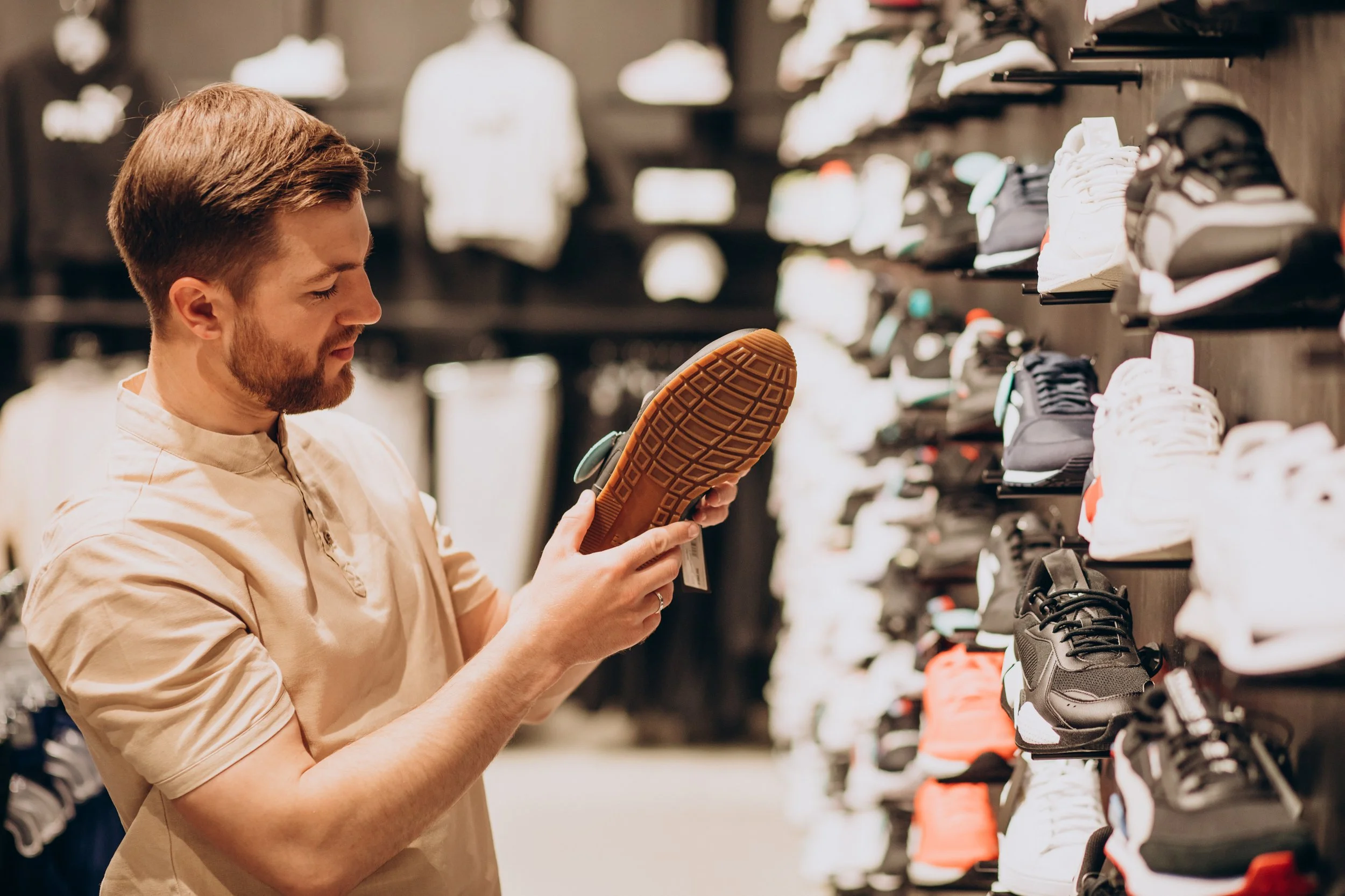Our Blog
Our team brings fresh perspectives, proprietary data and consumer insights that help brands thrive.
Insight you can act on: Fresh perspectives powered by trusted research.
Free Returns Aren’t So “Free” Anymore: Why that’s good for customers
For decades, “free returns” has been treated like a hygiene factor in online retail: a frictionless promise that keeps conversion rates healthy. But that model is now under increasing pressure from rising operational costs and could even become an historical anomaly.
Retailers are paying closer attention to returns behaviour, and customers who consistently push the system too far are beginning to feel the consequences. ASOS, H&M and Pretty Little Thing have all reviewed their returns policies or have actively closed accounts of serial returners.
Optimistic at Home, Uneasy About the World: What our latest data reveals
This past Monday was “Blue Monday”. Aside from sounding like a New Order song, it is often cited as the most depressing day of the year. The good news is that we made it through unscathed. The less good news is that the weather does not appear to have improved much since.
With Blue Monday falling this week, it feels like a timely moment to check in on our Optimism tracking and look at how positive UK consumers were feeling as we closed out December.
A Nation of Nearly-There Achievers: How the UK really did with its 2025 goals
At this point in the year, goal-setting narratives typically split into two camps: success stories or silent guilt. But the reality for most UK consumers in 2025 sits somewhere a bit more measured and far more human. The Harris Poll UK has been tracking consumer mindset and goal achievement throughout 2025, and our latest data shows a nation that is ambitious, imperfect and still moving forward.
Is the Dining Table an endangered item in the UK: Or is it just evolving?
A couple of months ago, a BBC headline caught our attention: “Homes without lounges now a reality for renters.”
The article spoke to a very real shift in how UK homes are being rented and lived in. Communal areas are getting smaller, with individual rentable spaces increasingly prioritised for cost and flexibility rather than tradition.
It got us thinking.
If the lounge is under threat, what about the dining room?
Long held up as a key part of the home and the place where families gather, meals are shared and conversations unfold, is it quietly being side-lined too? Or is something subtler happening: not the disappearance of the table itself, but a transformation in how (and why) we sit around it?
Delivering Chaos: Christmas shoppers won’t wait for late parcels if strike threats become reality
For shoppers racing to get gifts under the tree, one thing matters above all else: confidence their parcels will arrive on time. And with Unite members at UPS balloting for strike action, our latest research shows something retailers can't ignore— shoppers are poised to change their festive buying habits the moment delivery reliability starts to wobble.
And the headline is clear: two in three shoppers would switch retailers if delivery strikes threaten Christmas orders.
The Heat (Anxiety) Is Rising: What consumers need as winter costs climb
As the cost-of-living crisis continues to shape daily life in the UK, heating has become a growing source of worry for many households. With the Government’s new budget landing today and prices still rising, people are heading into winter with a sense of uncertainty about how they will manage the months ahead. Staying warm is no longer a background consideration; it’s something people are planning around more carefully than ever.
Our latest research shows how this is affecting behaviour, budgets and wellbeing for households across the country.
Digital giants going offline: Is it their smartest move yet?
When Amazon Went Old School
Last week, something curious landed on my doormat: a colourful toy catalogue from Amazon.
At first, I was genuinely confused. A printed catalogue from Amazon? This felt completely offbeat for a brand that has built its empire on digital convenience and frictionless e-commerce. It seemed almost quaint.
But then I left it on the coffee table.
Can You Tell What’s Real? Why authentic CX still wins
Technology continues to redefine customer experience, often focusing on remote and digital services that prioritise efficiency and scale. However, what happens when customers desire more than a technologically advanced response — when they simply want an authentic, human interaction?
Our new insights come with an important warning: beware of outsourcing empathy to machines. This raises a key question for every organisation—do you know your company’s CX ‘moments of truth’? Those moments where authentic connection matters most to your customers.
AI Adoption: How on-going feedback moves you from risk aversion to real advantage
At The Harris Poll UK, a Stagwell company, we’re continually engaging with leaders and innovators across the financial services sector to understand how technology is reshaping both opportunity and expectation.
At the recent Financial Services AI & Innovation Forum on 30 September, one theme came through loud and clear: artificial intelligence is no longer a future opportunity — it’s reshaping business realities today.
For financial services (FS) companies, the challenge is not whether to embrace it, but how to do so responsibly, effectively and in ways that truly deliver value to employees and customers.
The New Consumer Mood: Why Topshop’s approach just might win back shoppers
For more than a decade, the narrative around retail has been dominated by a single idea: online always wins. But even before the most recent headlines, cracks in that theory were beginning to show. After years of rapid e-commerce growth, many consumers are reappraising the advantages of physical shopping—and our latest data makes clear why.
Climate-Smart Holidays: How UK consumers are rewriting the rules of travel
The holiday booking window used to be predictable: January for the early birds chasing deals, March for the procrastinators, and a steady stream of last-minute bookings throughout spring. Our latest research reveals that something fundamental has shifted in how UK consumers approach their annual escape. Climate change has quietly moved from the "should consider" category straight into core decision-making criteria—and it's reshaping the entire travel landscape.
The Soulful Reboot: Why September is the real 'New Year' for consumers
January has long owned the cultural spotlight as the season of resolutions and resets. But our latest research reveals a quiet shift that brands shouldn’t underestimate. September, long linked to the return to school, is emerging as a second New Year on the UK calendar—a fresh start that extends far beyond students and parents.
In fact, for many, September feels more like the real start of the year. After summer holidays and looser routines, people return with sharpened focus, renewed organisation and clear intention. At The Harris Poll UK, a Stagwell Company, we’ve found that consumers treat the end of summer as more than a calendar page turn—it’s a mindset shift. Customers are re-engaging. They're motivated. And they're looking for brands that support them through this transition.
Customers Demand Free Returns: But understand these come with limits
With recent headlines about ASOS closing accounts under a ‘fair use’ returns policy, our latest research provides a blueprint for retailers to navigate the fine line between customer expectation and operational sustainability—without damaging brand trust.
Free returns have become an industry norm. For many customers, they’re not a bonus feature—they’re an essential part of the online shopping experience. But behind this convenience lies a growing operational cost, fuelled by evolving customer behaviours.
Booking Deposits and Brand Trust: How Upfront Charges Can Impact CX
In a world where no-shows cost time and money, many service-based businesses are turning to upfront deposits as a safeguard. Whether it’s £10 for a haircut or 50% down on a tattoo, booking fees have become a growing feature of the UK service economy. Instead of raising prices across the board, deposits offer a way to manage demand, reduce wasted time and maintain affordability for those who commit.
But more importantly, when used thoughtfully, booking deposits can protect the customer experience and reward loyalty.
So how do businesses use deposits not just to protect revenue—but to build trust, increase convenience, and keep loyal customers coming back?
Invisible Needs, Missed Opportunities: What brands get wrong about vulnerability
Imagine this: you’re struggling with anxiety, debt, or a chronic health condition—yet you hesitate to contact your energy provider, fearing you won’t understand the jargon or that you’ll be treated insensitively.
You're not alone.
Research we conducted for the Vulnerability Registration Service (VRS) revealed that nearly a quarter of vulnerable individuals (24%) have avoided reaching out to brands altogether for fear they wouldn’t understand the information given to them. An additional 16% said the information provided by brands didn’t meet their needs while 28% have fallen into debt because of a vulnerability.
These figures aren’t marginal. They’re symptoms of a deeper issue: a customer experience ecosystem that inadvertently excludes those who need support the most.
Viral Trends and Brand Authenticity: When playing along pays off
Before running our latest survey, we expected to hear a wave of cynicism — that people were tired of brands trying to insert themselves into viral moments, especially those as chaotic and controversial as the Coldplay concert incident. We assumed the public might be fatigued by forced trend-chasing.
But what we found was more nuanced—and more optimistic.
While not everyone’s on board, a surprising number of people are open to brands engaging with viral trends—so long as it feels authentic, on-brand and done with purpose.
We Shop When We’re Smiling: Why brands should feel ‘chipper’ about the UK’s rising optimism
After months of economic anxiety and cost-of-living pressures, UK consumers are finally feeling a little lighter – and the numbers back it up. Our latest results of our ongoing tracking shows optimism rising sharply in June, with 2 in 5 people (42%) scoring their outlook between 8–10 out of 10. Even more telling, the number of consumers giving a ‘perfect 10’ has doubled from May to June (from 8% to 15%).
And why does that matter? Because how we feel changes what we do. In particular – how, when and where we spend.
The Heat Is On: How brands can beat the heat and win consumer loyalty year-round
As the UK faces yet another summer of heatwaves, brands must recognise that extreme heat is becoming a regular feature of UK life – and adapt quickly to this new climate reality. Beyond the physical discomfort, rising heat is reshaping how consumers shop, and what they’re saving money for. And according to new survey insights from The Harris Poll UK, a Stagwell Company, it’s clear the public want support and are expecting brands to step up.
From Clutter to Clarity: Why spring-cleaning still resonates for time-poor consumers
As we approached the midpoint of 2025, we asked consumers to take a moment to reflect on the goals they set at the start of the year. For many, this reflection comes with mixed feelings.
Our research reveals that 50% of UK consumers are not on track with their 2025 goals, with women significantly more likely than men to feel they’re falling behind. The most common obstacles credited with getting in the way of progress are a familiar trio.
Hybrid Havoc: How WFH is making home delivery harder to deliver on
Customer expectations have changed when it comes to home deliveries, and smart brands are delivering more to cater for the increasingly complex logistics in their customers lives.
Half of UK consumers say that real-time, accurate delivery updates are more important to them now than before the pandemic, and perhaps surprisingly this is significantly higher amongst those with a hybrid working arrangement. Maru have undertaken research to better understand what’s driving this change, and to identify the make-or-break experiences within this crucial touchpoint.




















